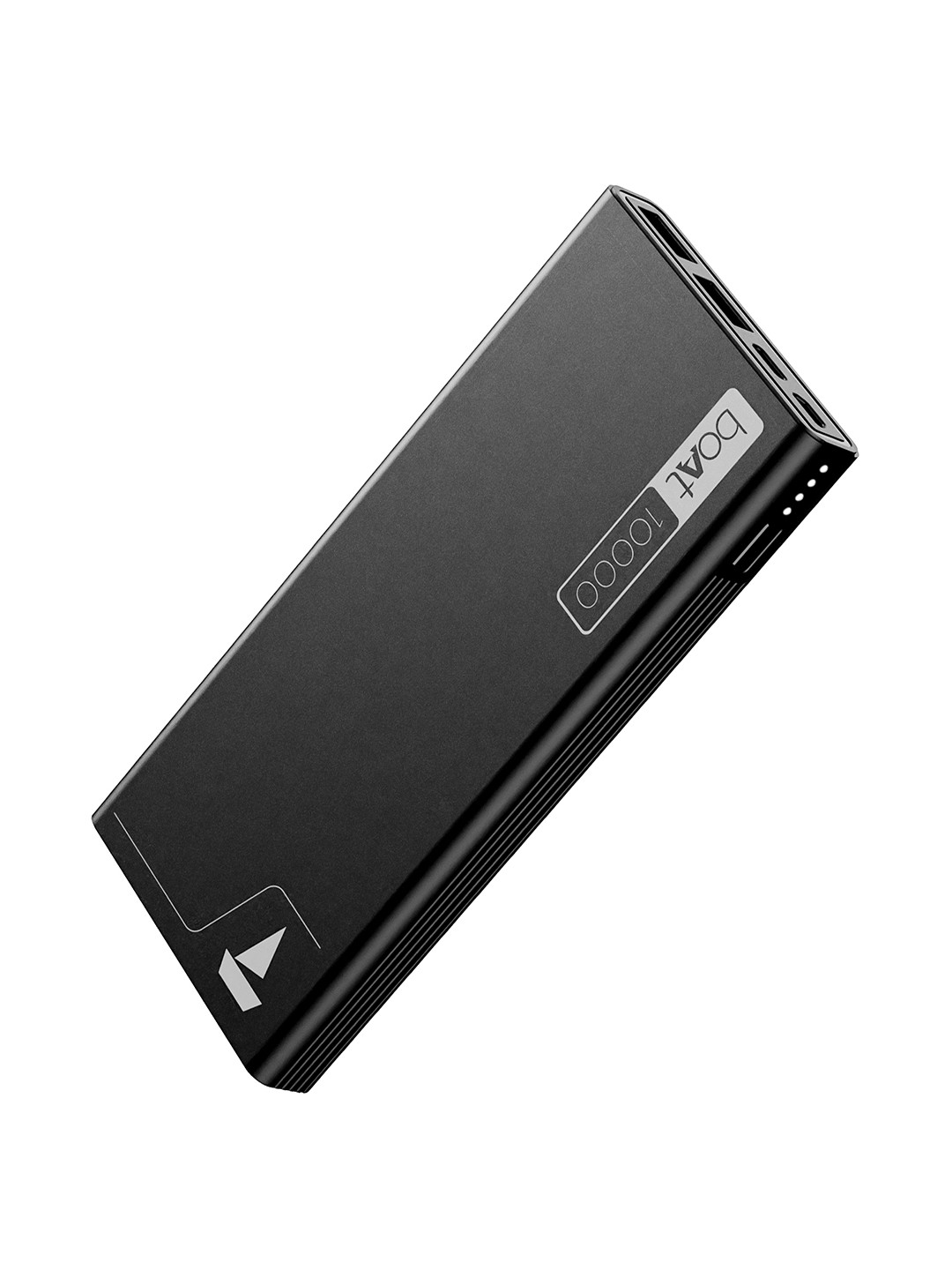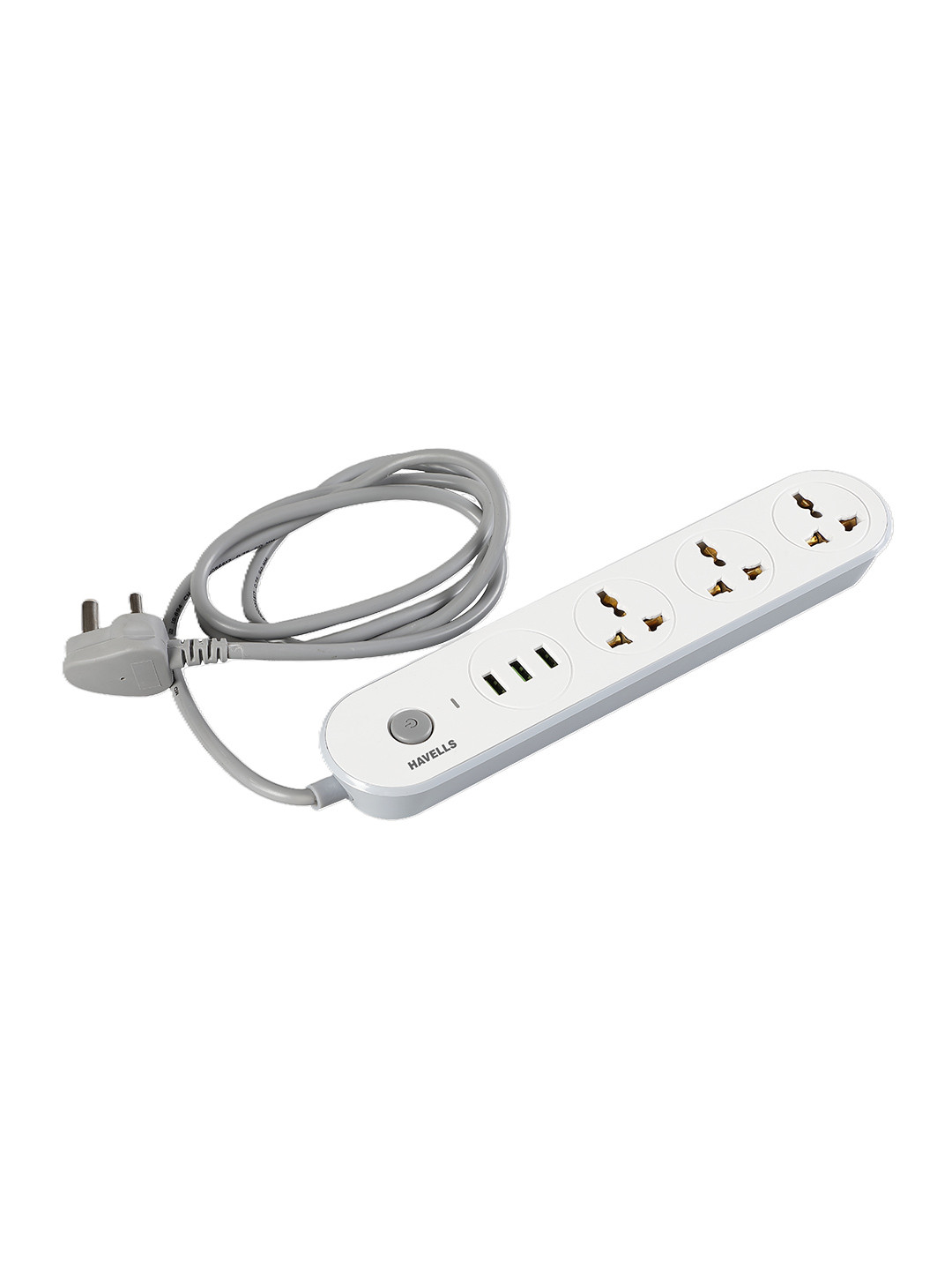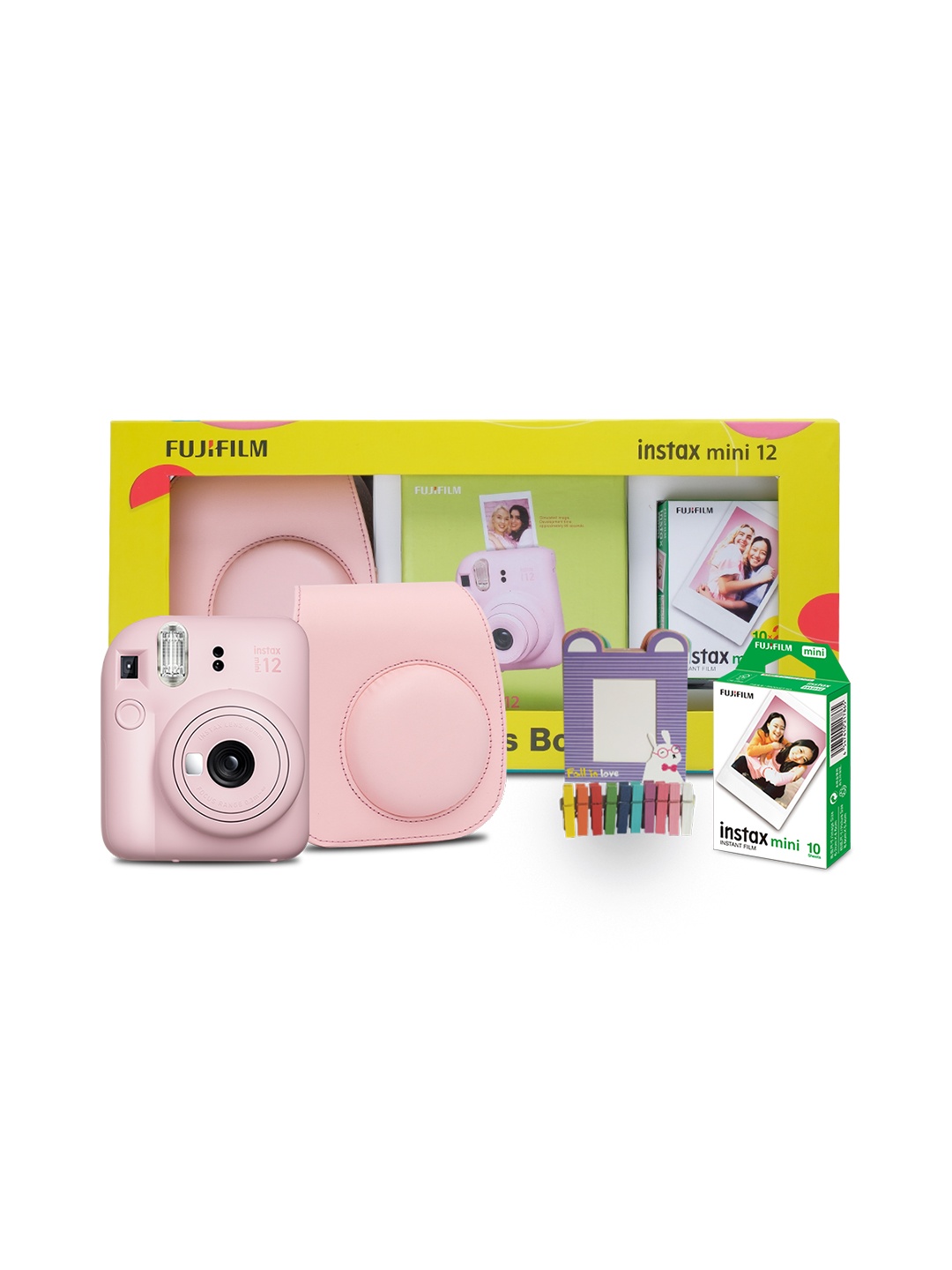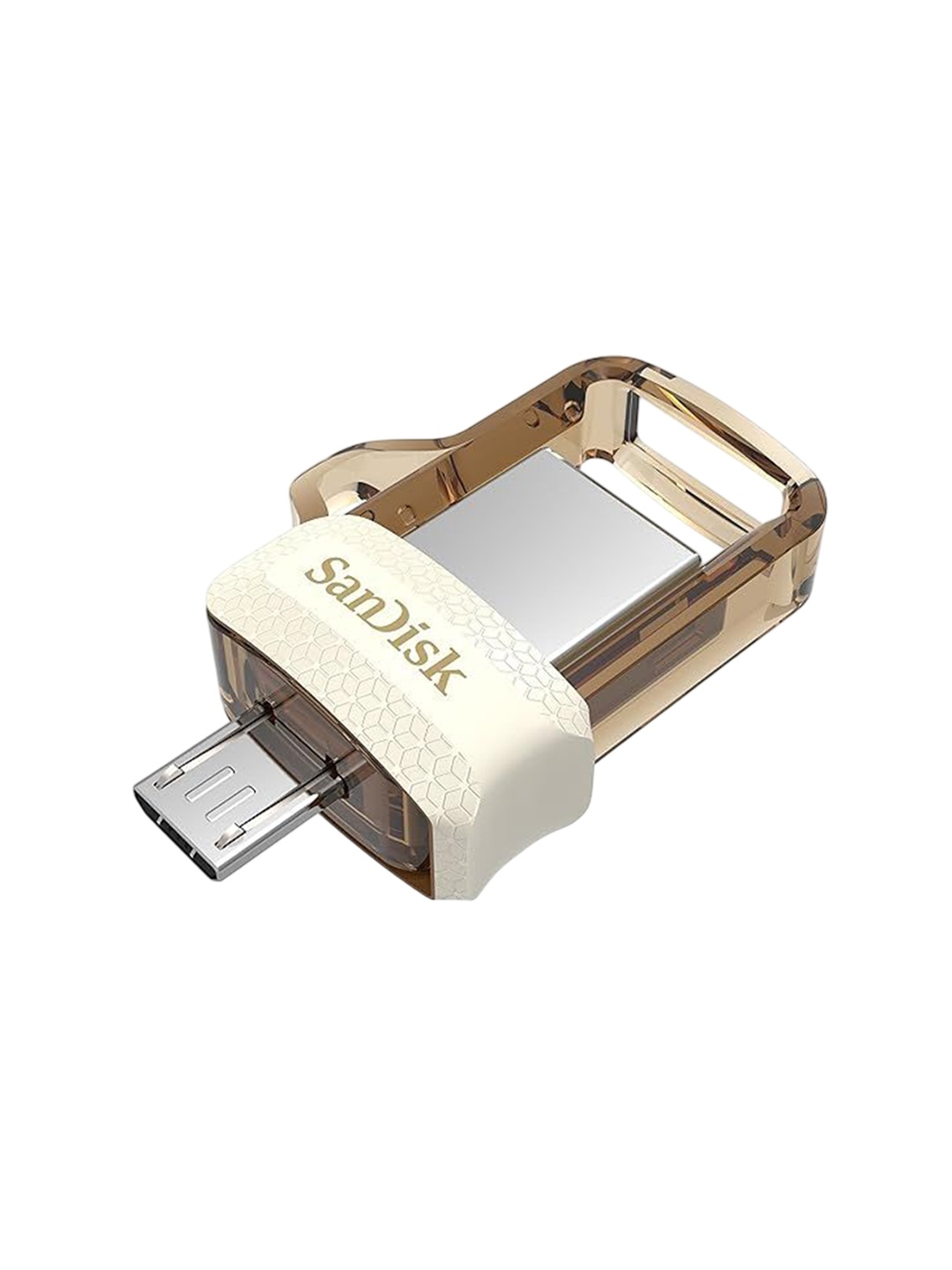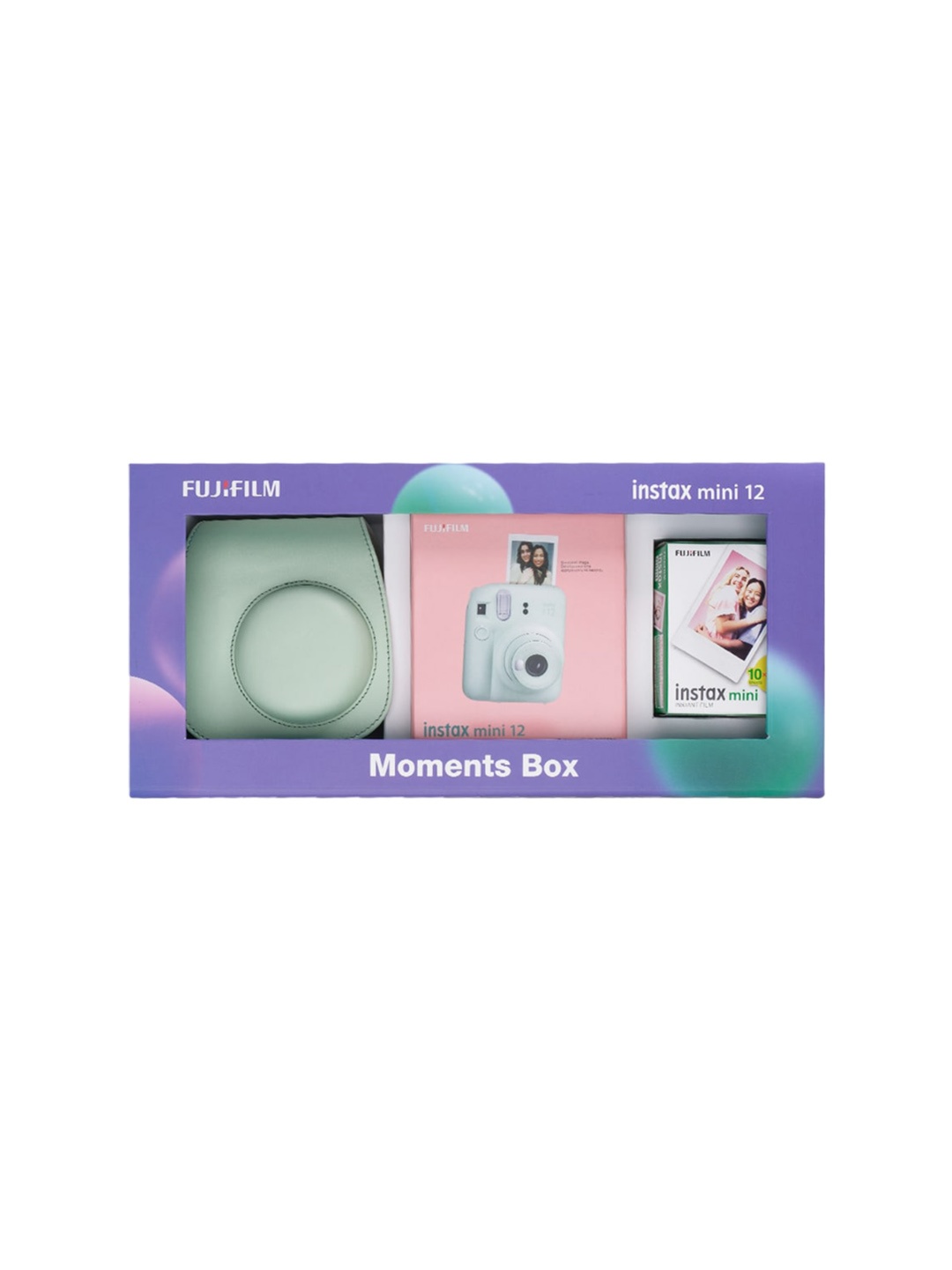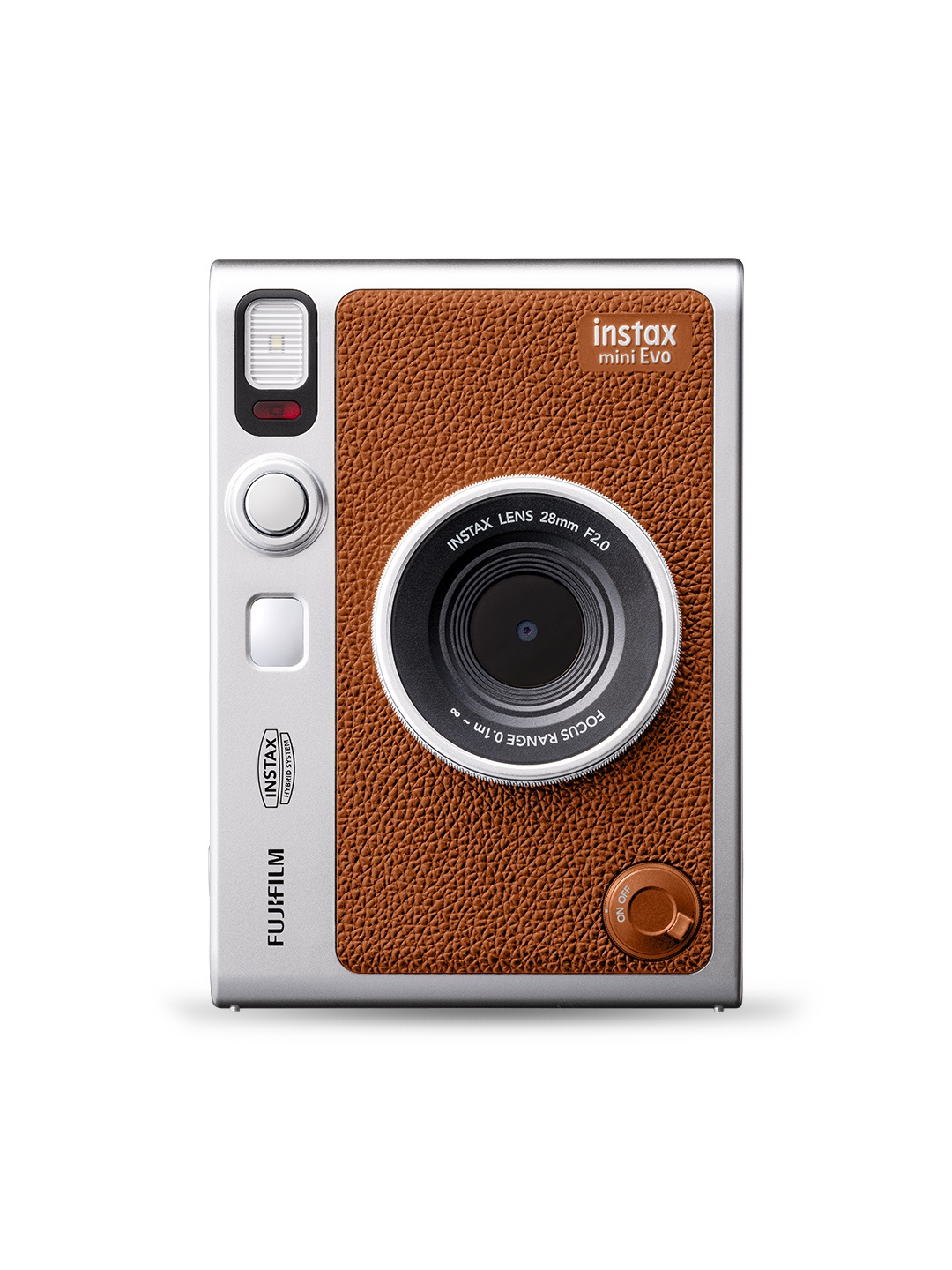Smartphone vs Digital Camera Under ₹15000: How to Pick Your Best Shooter
Smartphone Camera Vs Digital Camera Under 15000: Budget-friendly digital cameras are back in the spotlight, but can they compete with that premium phone in your hand? Heres how to pick the right one.

Digital Camera vs Smartphone Under ₹15,000: Learn How to Make the Best Choice.
Once upon a time, owning a digital camera meant you were serious about your pictures, family holidays, school trips, weddings, the works. But with flagship phones getting sharper and smarter, digital cameras quietly slipped into the background. Lately though, they've started making a quiet comeback, especially in the budget space. If you've ever wondered whether a digital camera under ₹15,000 can still pull its weight, or even outperform your smartphone in some ways, you're not alone. This guide unpacks the essentials of picking the right one and whether they still deserve a spot in your backpack. So, when it comes to smartphone camera vs digital camera under ₹15000 budget, find out which one wins and know how to pick the best shooter.

Smartphone Camera Vs Digital Camera Under ₹15000: Where do ideas come alive, powered by pixels, lenses, and hustle? Find out; Photo Credit: pexels
1. Understand Why You're Buying One In The First Place
Start with the 'why'. Are you picking up a digital camera because you miss physical buttons? Looking to gift one to a teenager exploring photography? Or maybe you want a cheap camera for travelling without risking your expensive phone. Defining your goal helps set realistic expectations. Cameras under ₹15,000 aren't built for wildlife documentaries, but they can easily handle still photography, holiday videos, or social media content. If you're buying one to replace your phone camera completely, that might be a stretch. But as a dedicated backup or beginner's tool? Spot on.
2. Don't Expect DSLR Performance, But Look For Optical Zoom
Phones use digital zoom, which essentially crops your image. A dedicated camera, even a budget one, usually offers optical zoom, which means it physically adjusts the lens to get closer without sacrificing clarity. That's a win for wildlife lovers or those into candid street photography. A camera with 10x or 20x optical zoom will often outperform a phone at long distances, even if the sensor is smaller. So if zoom is high on your priority list, a digital camera might just earn its keep.
3. Megapixels Aren't Everything, Sensor Size Matters More
It's tempting to go after higher megapixels, 20MP, 24MP, even 30MP on some models. But don't fall for that alone. What matters more is the sensor size. Bigger sensors capture more light, which means better low-light performance and less grainy photos. Some phones today use advanced AI to clean up low-light shots. Cameras don't always have that software boost, so opt for a model with at least a 1/2.3-inch sensor if possible. For casual indoor photography, that alone can be a game-changer.
Also Read: Is A DSLR Camera Still Worth Buying In The Smartphone Era? Let Us Put It To The Test
4. Go For A Flip Screen If You Love Selfies Or Vlogs
A flip-out screen might seem like a gimmick, but for vloggers or anyone who loves filming themselves, it's gold. Phones have nailed selfie mode, but not every digital camera does. So if you're planning to record cooking tutorials, fashion reels, or YouTube intros, pick a camera that lets you see yourself while shooting. It's a simple tweak that makes a massive difference, especially when working solo.
5. Look At Battery Life, Not Just How Many Shots It Promises
Battery specs can be misleading. A camera might boast '300 shots per charge', but what they don't tell you is that constant zooming, video recording, or flash usage can drain it faster. Some budget cameras use AA batteries, which can be handy if you're travelling where charging isn't an option. But if you're at home or on a day trip, look for cameras with rechargeable lithium-ion batteries. Bonus tip: carry a spare battery or power bank with USB charging if your camera supports it.
6. Pay Attention To Video Resolution (And Frame Rate)
If video is your priority, don't settle for 720p in 2025. Aim for full HD (1080p) at the very least. Also check for 60fps recording, it makes a difference in how smooth your footage looks. Many phones shoot 4K now, but a budget camera with stable full HD and decent audio input can still be great for YouTube shorts, Instagram reels, or school projects. A built-in mic jack is rare at this price point, but if it exists, it's a big bonus.

Snap or Shoot? Deciding Between a Smartphone and Digital Camera Under ₹15000 for Your Photography Needs; Photo Credit: pexels
7. Compact And Lightweight Wins, Especially For Travel
Digital cameras shine when you want something light and functional that doesn't eat into your phone's storage or attract unwanted attention. Travellers, especially solo ones, often prefer compact cameras they can hang around the neck or toss in a sling bag. Unlike bulky DSLRs, these won't leave you with shoulder pain by lunchtime. And in places where pulling out a phone feels risky, a small camera feels much more practical and safer.
8. Manual Controls Can Teach You A Lot About Photography
Even at this price range, some digital cameras offer basic manual control, think ISO, shutter speed, white balance. If you're interested in learning how photography really works beyond filters and auto mode, these features are incredibly useful. Phones tend to hide these options deep in 'Pro' modes, and even then, they don't offer the same tactile experience. With manual modes, you start understanding light and motion in ways auto settings simply can't teach.
9. Compare With Your Phone Before You Commit
Let's be real. Most people carry phones with cameras that are excellent in daylight, solid in low light, and packed with editing tools. Before spending ₹10,000–₹15,000 on a digital camera, take a few test shots on your current phone. Then compare with what a budget camera in that range offers, especially for zoom, skin tones, and night shots. If your phone's doing a better job, it might be wiser to invest in mobile lenses or a ring light instead. But if the camera wins on zoom, video stability, or handling, go for it.
10. Look At Brands With After-Sales Support In India
Yes, this matters. A digital camera isn't just a buy-and-forget device. It might need servicing, firmware updates, or replacement parts down the line. Canon, Sony, Nikon, and Panasonic offer decent customer support in most cities. Be wary of lesser-known brands with flashy specs and no service centres. A small issue like a broken lens cover or dead battery can turn into a major hassle if the brand disappears from the market or doesn't respond to queries.

Smartphone Convenience or Digital Camera Quality? A Guide to Picking the Right One; Photo Credit: pexels
Products Related To This Article
1. Lecran 1080p kids Digital Camera with 32Gb Card
2. Digital Camera for Photography
3. Saneen Digital Camera, 4K Cameras for Photography and Video
4. Saneen Digital Camera for Photography
5. KODAK PIXPRO FZ45-WH 16MP Digital Camera 4X Optical Zoom 27mm Wide Angle 1080P Full HD Video 2.7" LCD Vlogging Camera
So, can a budget digital camera beat your flagship phone? In some ways, yes. It can offer better optical zoom, a more 'real' photography experience, and dedicated hardware that doesn't hog your phone's storage. But phones are getting smarter, and they're not slowing down. If you're buying a camera under ₹15,000, buy it for the right reasons: as a tool for learning, a travel companion, or a gift for someone stepping into photography. Not to replace a high-end phone, but to do the things that even the smartest phone sometimes fumbles. In a world obsessed with screens, it's nice to hold a real camera again. And who knows? It might just make you fall in love with photos all over again.
Disclaimer: The images used in this article are for illustration purpose only. They may not be an exact representation of the products, categories and brands listed in this article.









